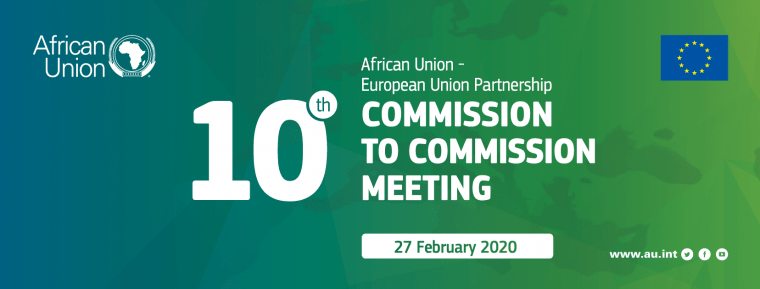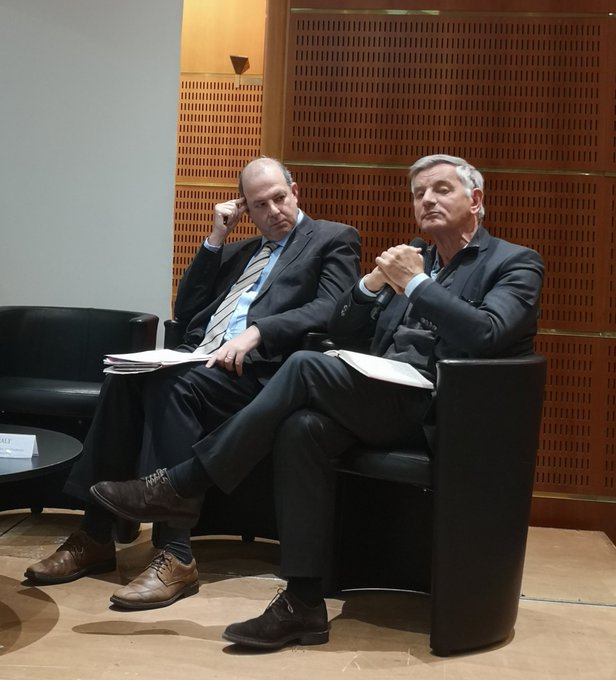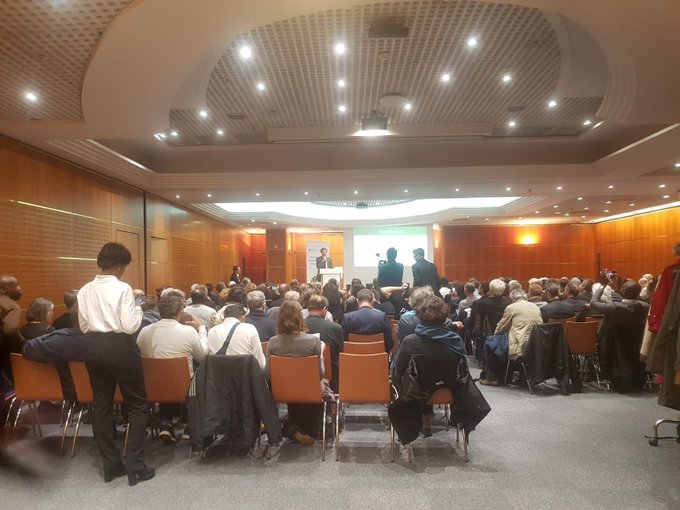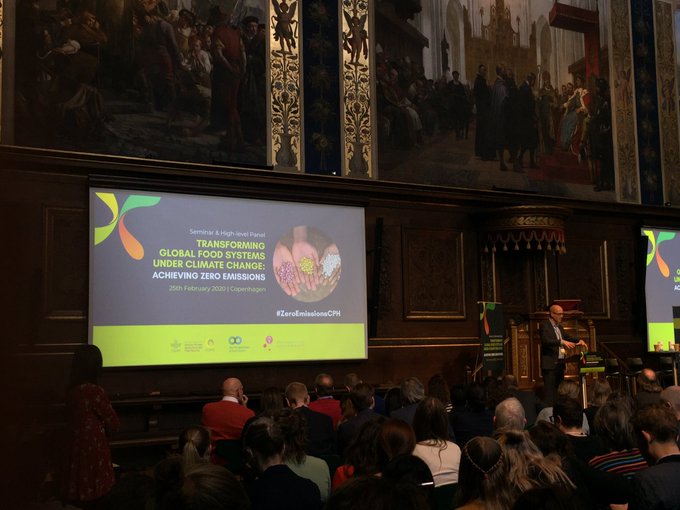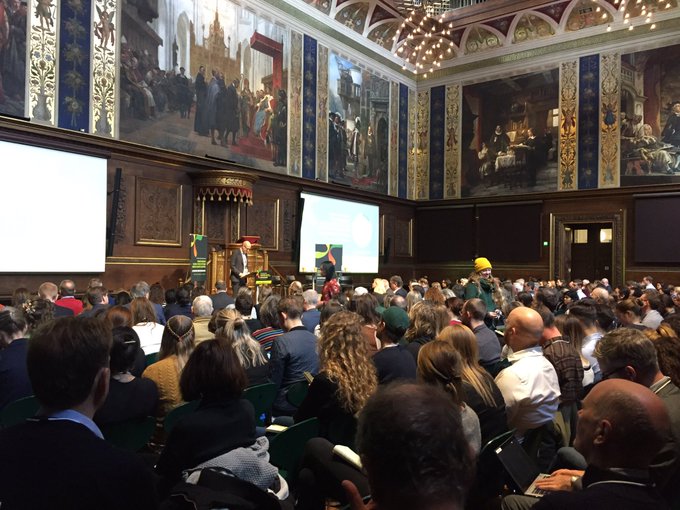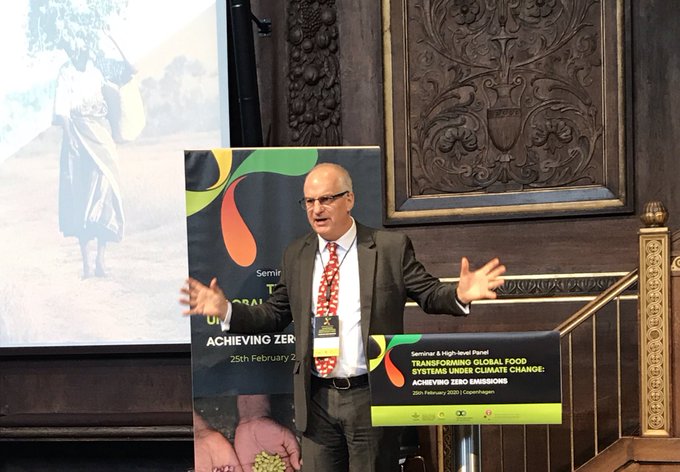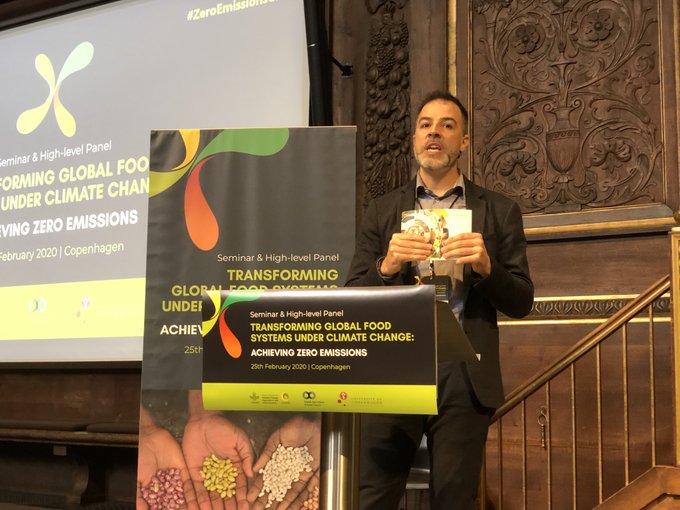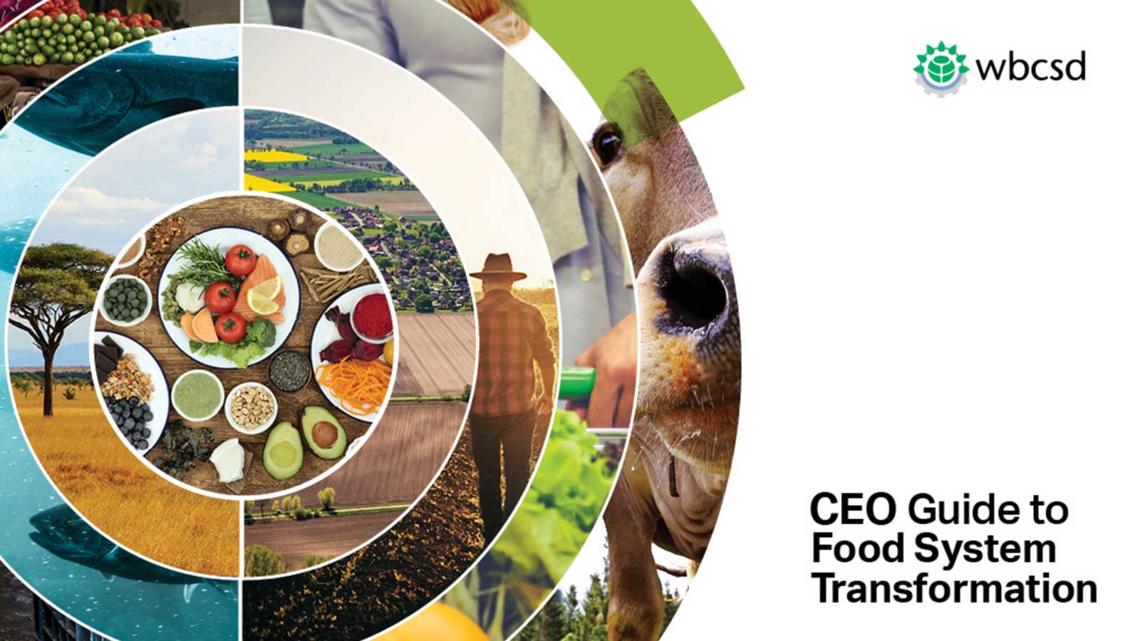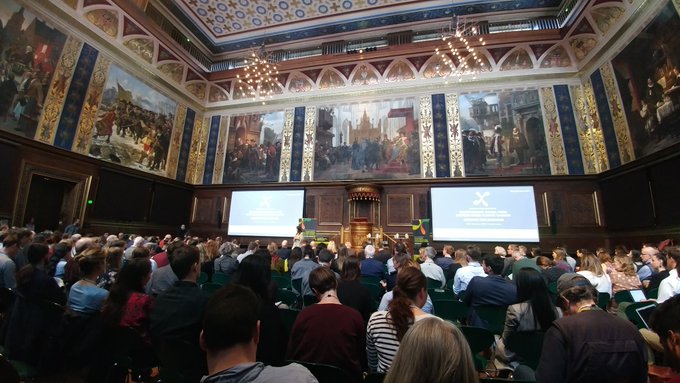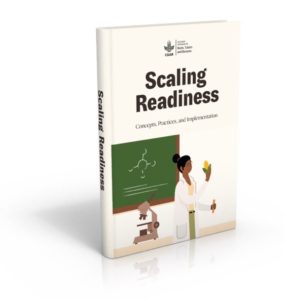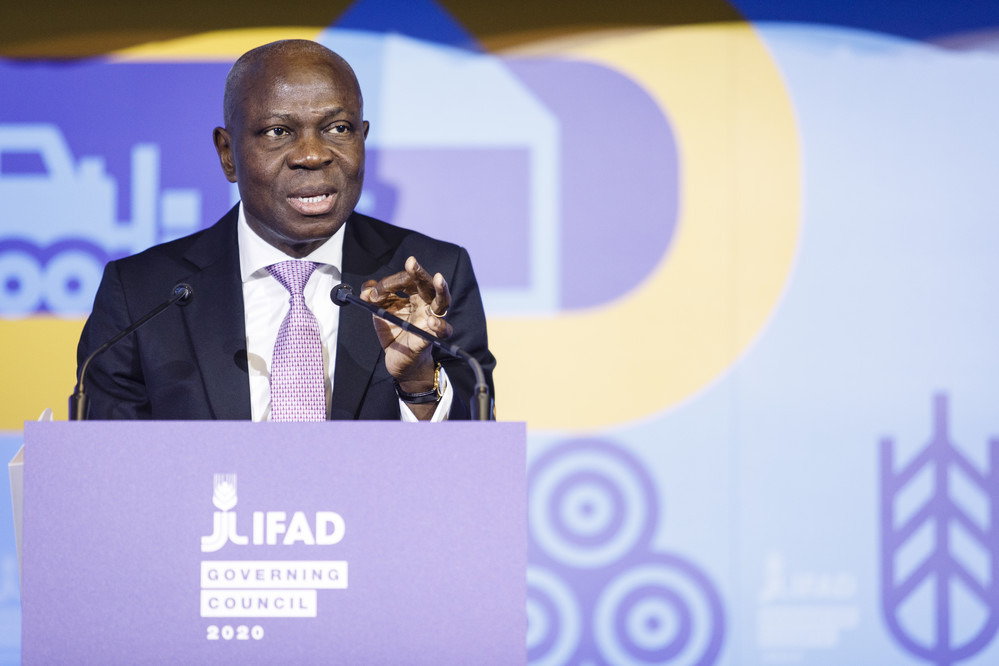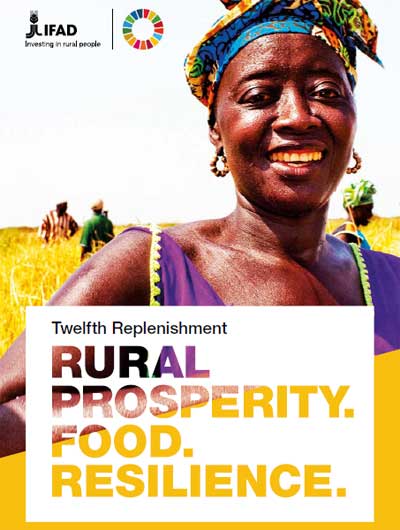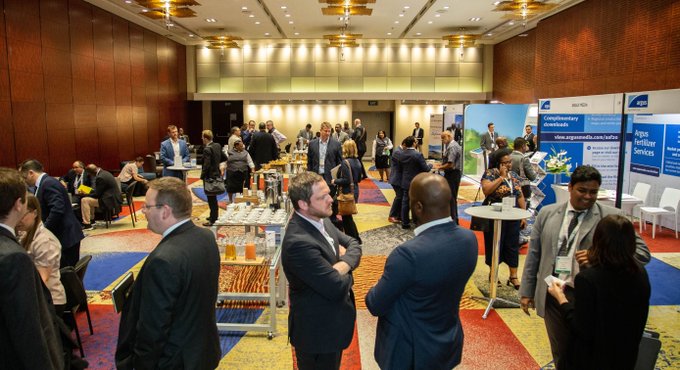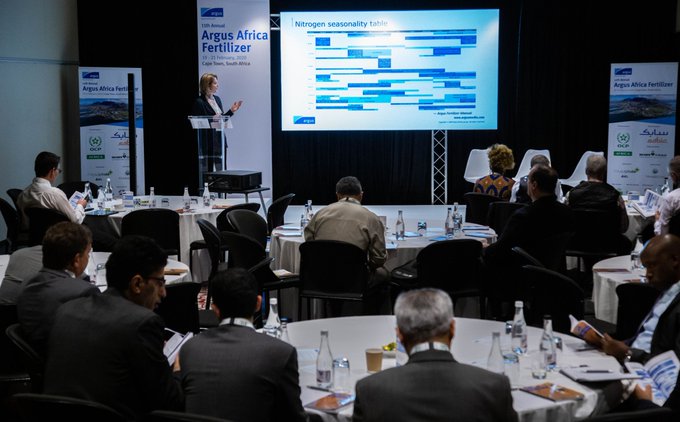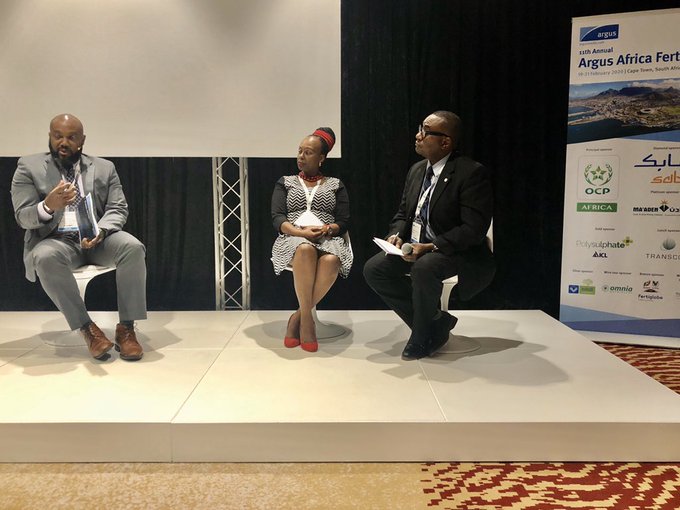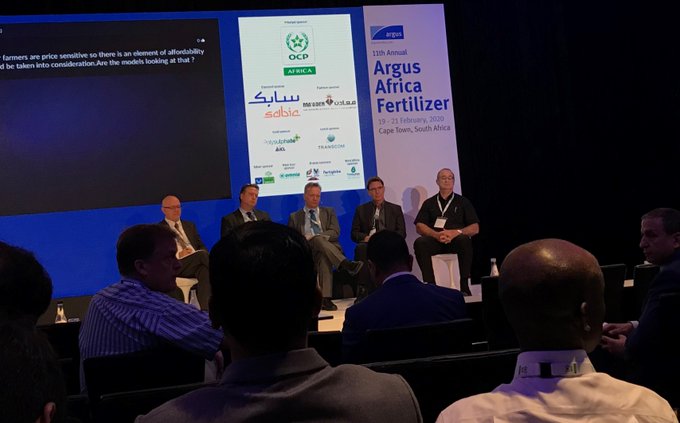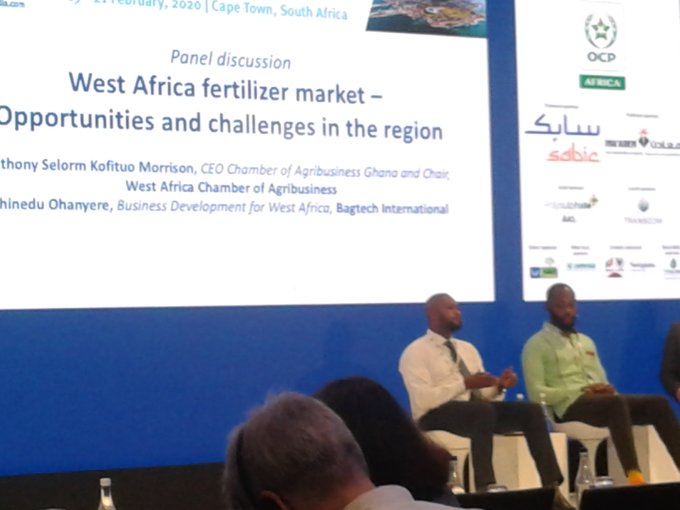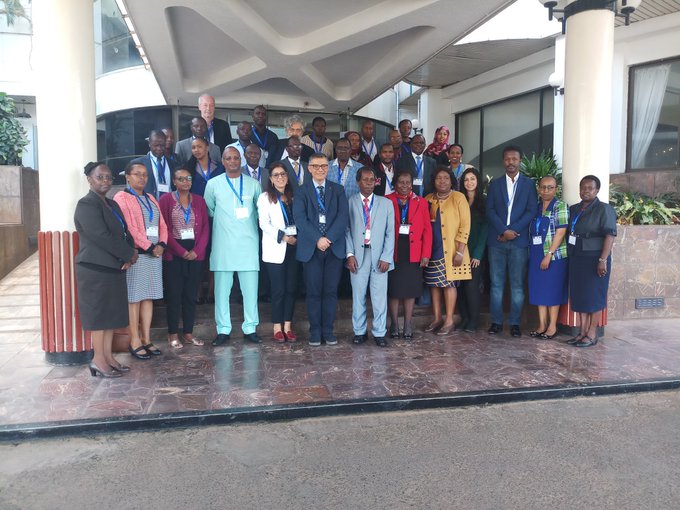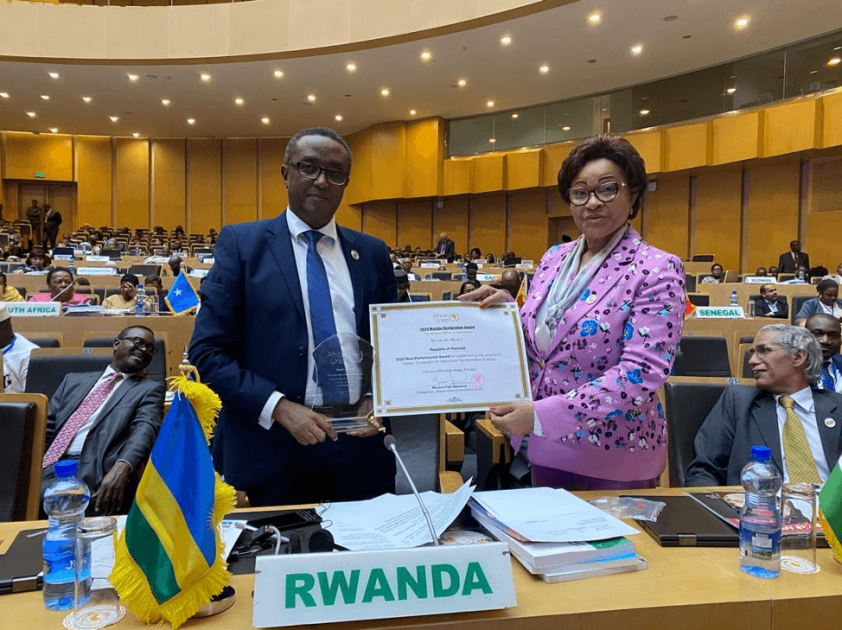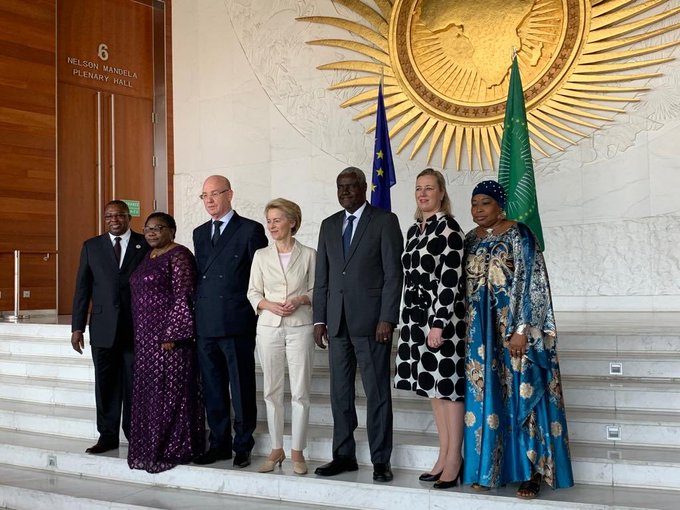 27 February 2020. Addis Ababa. The College of Commissioners of both the European Commission and the African Union Commission meet regularly to provide political guidance to the AU-EU Partnership.
27 February 2020. Addis Ababa. The College of Commissioners of both the European Commission and the African Union Commission meet regularly to provide political guidance to the AU-EU Partnership.Alternating between the cities of Brussels and Addis Ababa, the meetings aim to be an interactive exchange of expertise and constructive debate on areas of shared interest. In addition, they provide an opportunity to review progress made on the Partnership, to improve cooperation between the two institutions, and to focus on what they can learn from each other with regard to common priorities and challenges.
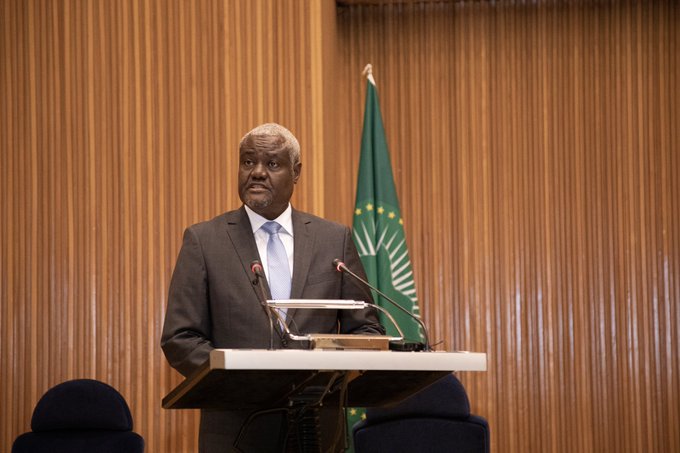
See: Statement of H.E. Moussa Faki Mahamat, Chairperson of the African Union Commission at the AU-EU College to College Meeting
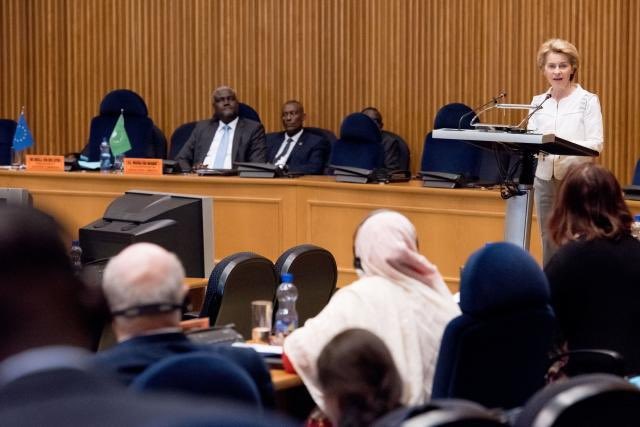 The EU and the African Union (AU) discussed how to take foward their cooperation to address key challenges both Europe and Africa are facing such as the need to promote sustainable growth and jobs, green transition, digital transformation, peace, security and good governance, mobility and migration.
The EU and the African Union (AU) discussed how to take foward their cooperation to address key challenges both Europe and Africa are facing such as the need to promote sustainable growth and jobs, green transition, digital transformation, peace, security and good governance, mobility and migration.The meeting was also an opportunity for the EU side to consult its African partners on the upcoming comprehensive Africa Strategy which President von der Leyen promised to deliver in her first 100 days in office and is due to be presented in early March.
The presentation of this important document will kick-start a wider consultation process that will lead up to the EU-AU Ministerial meeting in May 2020 in Kigali, Rwanda, and the upcoming EU-AU Summit in October in Brussels,
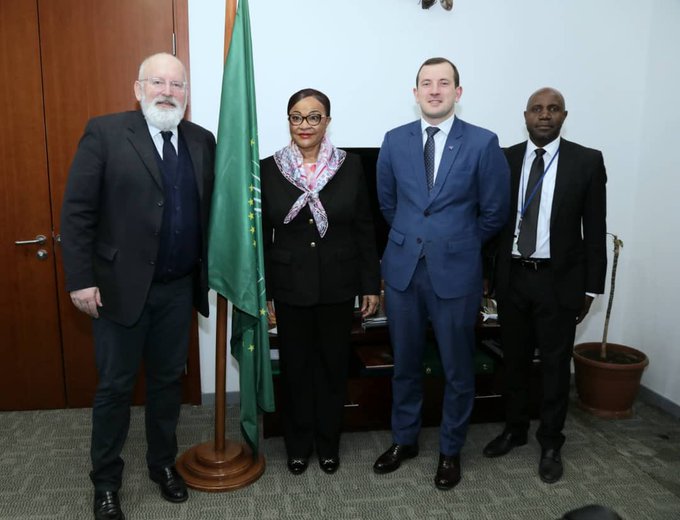 |
| Frans Timmermans, Josefa Sacko, Virginijus Sinkevičius |
Background:
The last AU-EU Commission-to-Commission meeting took place in Brussels, Belgium, on 23 May 2018. AU and EU Commissioners adopted measures to address pressing global issues in key areas such as peace and security, migration, job creation and agriculture. This new meeting follows the official visit to African Union Headquarters and to Ethiopia by H.E. Ms. Ursula von der Leyen, President of the European Commission, in December 2019.
- President of the European Commission, Ursula von der Leyen
- Vice-President of the Commission Josep Borrell,
- Vice-President for the European Green Deal, Frans Timmermans,
- Vice-President for a Europe fit for the Digital Age, Margrethe Vestager,
- Vice-President for an Economy that works for people, Valdis Dombrovskis,
- Vice-President for Inter-institutional Relations and Foresight, Maroš Šefčovič,
- Vice-President for Values and Transparency, Věra Jourová,
- Vice-President for Democracy and Demography, Dubravka Šuica,
- Vice-President for Promoting our European way of life, Margaritis Schinas
- Commissioner for International Partnerships, Jutta Urpilainen
- Commissioner for Trade, Phil Hogan
- Commissioner for Innovation and Youth, Mariya Gabriel
- Commissioner for Jobs and Social Rights, Nicolas Schmit
- Commissioner for Economy, Paolo Gentiloni
- Commissioner for Agriculture, Commissioner Janusz Wojciechowski
- Commissioner for Cohesion and Reforms, Elisa Ferreira
- Commissioner for Justice, Didier Reynders
- Commissioner for Equality, Helena Dalli
- Commissioner for Home Affairs, Ylva Johansson,
- Commissioner for Crisis Management, Janez Lenarčič
- Commissioner for Transport, Adina Ioana Vălean
- Commissioner for Energy, Kadri Simson
- Commissioner for Environment, Oceans and Fisheries, Virginijus Sinkevičius
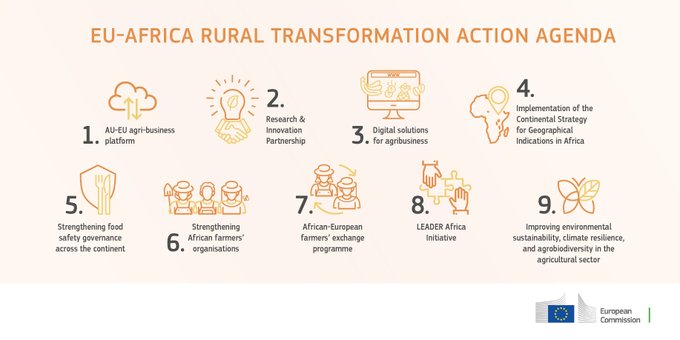 Related:
Related:21 June 2019. On the occasion of the third African Union – European Union agricultural ministerial conference, African Union and the European Union representatives endorsed a Political Declaration, accompanied by an action agenda, with the overall aim of further strengthening the Africa-EU partnership in food and farming at all levels.

